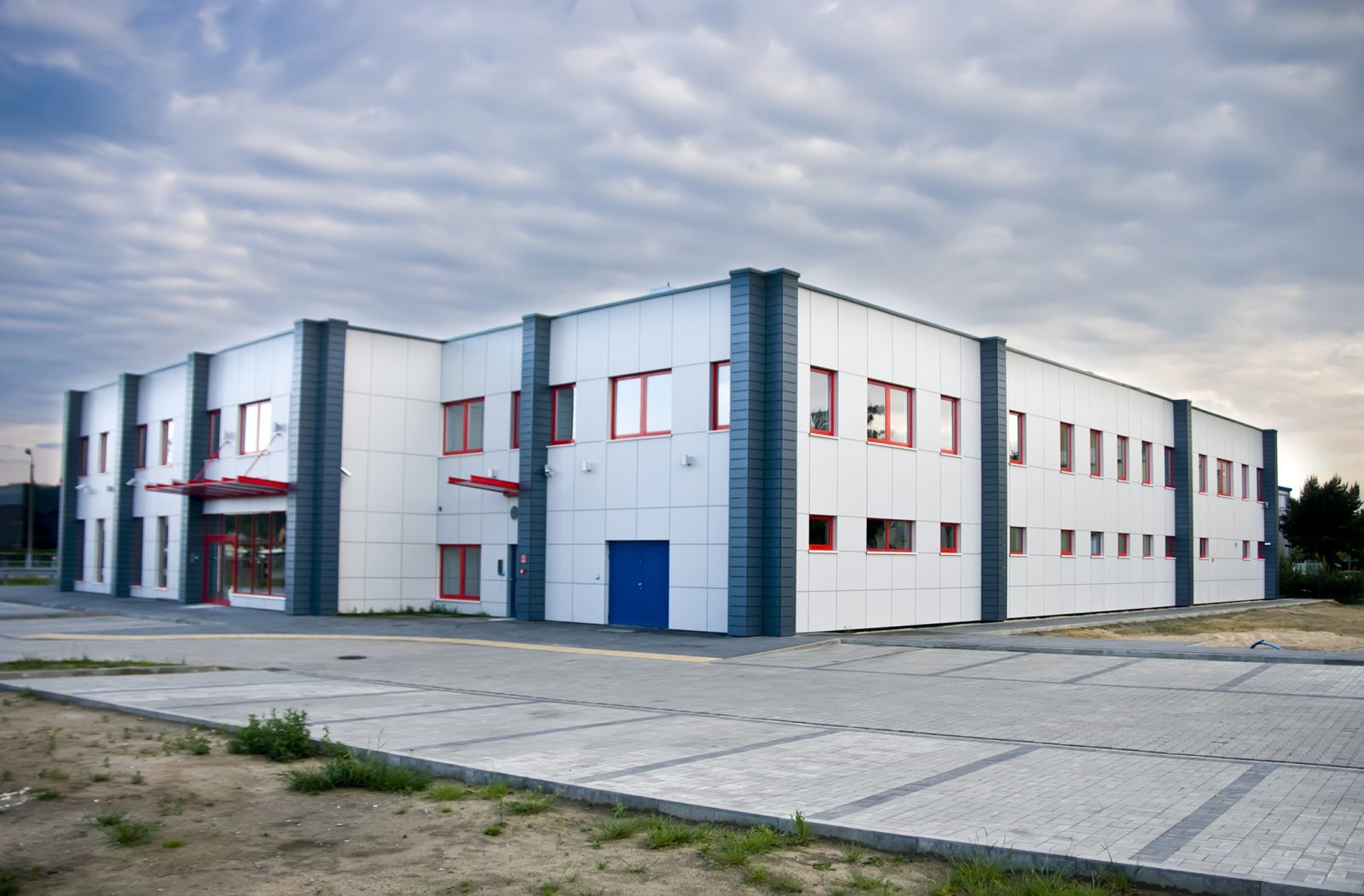The need for adequate air treatment systems within commercial spaces cannot be over-emphasized. This is a huge capital investment a business should thoroughly think through before choosing a product. The benefits of good air quality in a commercial facility range from ensuring the health and safety of employees, consumers, products, and much more. With so many air purifying brands in the market claiming to do more than what they offer, it is imperative for business owners to do extensive research before committing to such major capital expense to ensure maximum return on investment.
For business spaces that require stringent specifications for good air quality, ventilation, temperature, and humidity like senior living facilities, pharmaceutical,cannabis,medical, and the hospitality industries, it is important to follow guidelines provided by regulatory authorities such as the Occupational Safety and Health Administration (OSHA).
In the wake of the COVID-19 pandemic, there has been an urgent need for effective air treatment systems to sanitize the air in commercial facilities. Recent evidence shows that there is a possibility for airborne transmissions of the virus. Hence, there is a heightened need for businesses to have effective air treatment systems in place.
Whether your goal is to maintain an optimum growing environment for plants in a cannabis grow room, or to adhere to strict air quality guidelines in pharmaceutical labs,or to sustain clean surfaces in offices, schools,hotels, or in the food,and beverage industries, an efficient air treatment system is valuable. An effective air treatment system does not only purify the air, it also sterilizes it. Sterilization kills airborne microbes like bacteria, fungi, and viruses.
The Importance of an Effective Air Purification System
The common problem faced in industries that require strict operational requirements for air quality is contamination. This directly impacts workers, consumers, and their products’ health and safety. Constant exposure to raw materials, microbes, dust, and hazardous substances in these industries means that air treatment systems are needed to tackle contaminants. This will protect the well being of stakeholders in the supply chain of these industries. In essence, in this era of a global pandemic, air treatment is imperative in any commercial building. Eradication of airborne contaminants in commercial spaces will help achieve the following:
Improved Workers Productivity
The air in commercial buildings can harbour pathogens and hazardous chemical substances from cleaning products used in public and private spaces or from raw materials used for drug production in pharmaceutical labs. When these are inhaled by workers,they can cause allergic reactions, long-term health risks like inflammation and lung damage. So, air sterilization is necessary for good ventilation and to eliminate contaminants, thereby safeguarding work environments for staff. This will reduce staff illness, save cost on off-sick days,and increase productivity necessary to generate profit for businesses.
High Quality Product
Adequate air sanitization will help maintain proper conditions for raw materials and finished products.For example, in the cannabis, pharmaceutical, food,and beverage industries, good air quality can extend the life span of raw materials and prevent the spoilage of finished goods.So, as well as maximizing production rate, product quality will be enhanced to increase profit and brand value.
Consumer Protection
Addressing the health and safety concerns of consumers play a crucial role in how customers perceive a brand.Be it providing proper ventilation and well sanitized surface areas to protect children in schools or preventing pharmaceutical products, food, and beverages from being contaminated, a proper air sterilization equipment is a good investment. This will prevent litigations that can end up in large payouts to consumers because their health and safety were compromised, thus resulting in brand damage.
OSHA Guidelines for Air Quality in Commercial Facilities
The Occupational Safety and Health Administration (OSHA) is a government agency that ensures indoor air quality (IAQ) in commercial buildings is of a standard that guarantees the health and safety of workers. The qualities of good IAQ should include comfortable temperature and humidity, adequate supply of fresh outdoor air, and control of pollutants from inside and outside of a building. OSHA established that there is no single test to find an IAQ problem. However, it advises employers to regularly check measurements of temperature, humidity, and air flow. Also, routine inspection and testing of the heating, ventilation, and air conditioning systems (HVAC) should be performed to ensure they are working according to specifications for building use.
At Air Sniper, we bear these guidelines in mind when designing our air sterilization equipment. Our stand-alone units are ideal for offices and small spaces while our in-line units are perfect for industrial spaces. The Air Sniper Inflow is our most advanced commercial air sterilization system that can be custom-designed to meet the air exchange requirements of your business facility. The Air Sniper Inflow units fit into existing HVAC systems with ease and incorporate a Wi-Fi connection for remote monitoring and control. Their plug and play feature eliminate the need for expensive electrical connection. The Inflow’stop-notch sterilizing features will help you achieve the OSHA guidelines to reap the benefits of good air quality for your business.
For more product information, please visit our Products page.



